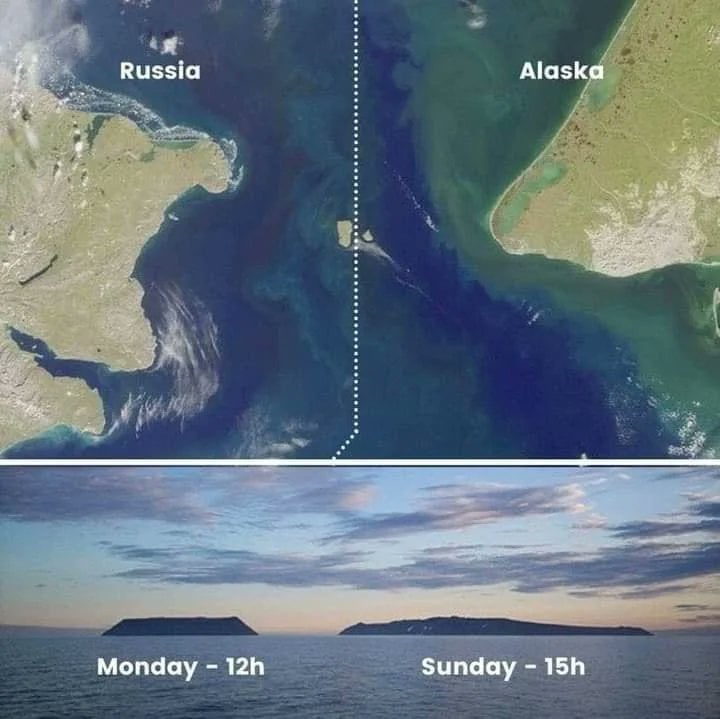Cartography Anarchy
A community for Cartographers with nothing left to lose.
Rules:
Don't be awful Lemmy Guidelines Still Apply.
No direct upload images This is hosted on Lemm.ee- to post images, you must use an image upload service like Imgur to post maps.
We are agents of chaos I've created this to be the alternative to the community I used to manage on the website that shalt not be named "mapporncirclejerk"
Live and let die Meme trends happen, so please don't message mods asking to take down maps that are repetitive to a bit.
Reposts Vs. Covers Not all reposts are evil- if someone posts something that has been done years ago, it serves to bring old memes to the new users. I call these meme covers. However it can be done in excess which makes it a repost and spam. Mods will determine if a post is a cover or a repost.
No impersonating mods I can't believe I had to make this rule.
No harassing mods on an appeal We can talk it out, and we will be acting in good faith when making decisions. If you disagree with a removal, you are free to message for clarification or to appeal by giving some added context.
Bans Bans will be set to a maximum of 365 days for humans, and a minimum of 365 years for bots. I believe people can change, so if you are banned for good reason, do know that it is not permanent, it is just a way to say "take time to grow and come back when you are ready".
view the rest of the comments

Yeah, I'm not seriously suggesting this is something we should get on, lol. Maybe solve world hunger or just all the wars first before another radical standards reform.
The difference would be that you would actually just schedule something for a megasecond out, instead of having to screw with timezones or reference the sun at all. It wouldn't matter much locally, but for anything international - like probably this conversation - it would be easier. Even UTC has hard edges.
If we seriously go into space it's going to be really picking weird thinking in terms of the incommensurable days and years of a distant planet, at which a point it might not be just a trivial issue anymore.
Would you redefine the second to make your decimal system work? We'll need a new Epoch system then, haha. The French did try to do something like that.
What would be easier with our conversation? I guess we are at the other side of the globe. I wasn't answering because I was sleeping, you won't answer immediately because you are sleeping, what would help if our clocked showed the same? Both of us sleep because the sun is down, not because the clock says something.
With long range space travel we will have to deal with the relativity of time as well. Lets say we define an Epoch and both of us do something exactly a googol second later but we live on a different planet, it wouldn't be at the same time because of relativity. If I would say lets do something when it is 12:00 in London, UK, Earth, than you can convert it to your relativity and time zone.
About the intetplanetary usage of the current system, it's already in effect, LTC aka Coordinated Lunar Time is already under development since this April.
https://www.smithsonianmag.com/smart-news/the-moon-will-get-its-own-time-zone-called-coordinated-lunar-time-under-nasas-lead-180984076/
So the solution is to just convert between time zones, and resync them sometime because they can drift because of relativity.
I don't know how a base 10 day would work, it just annoys me that its reform wasn't successful with the metric system. But I don't know how it will work when people will live on Mars. A day on Mars aka a Sol is 24 hours and 39 mins. Will they have "Mars hour" which equals 1 Earth hour and 1.6 Earth minutes? If not, they could simply use Earth hours, than it won't be possible to create classic circular clocks.
The conversation is easier because we have a shared understanding of the time.
When you ask me can you call me at 13:00, I currently need to google what your timezone is and convert it to my timezone to know whether my sun is up.
If instead I just know when my sun comes up and goes down in UTC, I can immediately answer if I'm available at 13:00
Relativity does make space more difficult, but we'll ultimately have to make some shared reference point there, too, as you've pointed out
But I have to google when the sun comes up for you, it's literally the same thing.
In the context of I'm not available and you need to know when to call, sure
In the context of we're currently talking and trying to plan when we'll talk again, UTC is infinitely easier once you have 5 different people talking
Yeah, you can use an hour/day-based system elsewhere, but it's goofy and has a lot of complications. If a separate culture were to grow up on the moon, they would start to wonder why their measurements are based on the particular natural rhythms of a place they've never been, except eventually out of sync completely.
We haven't actually scheduled anything here, but if we were to I'd default to UTC like you said. The thing is, it's just not as simple as a decimal count, and it has leap seconds, and there's daylight savings and permanently changing timezones and physical relativity that can make it difficult to know what your current offset is. If we were to drop the requirement that the time has anything to do with the day/night cycle and the seasons, all that goes away.
The current system is definitely good enough, but it could be done better.